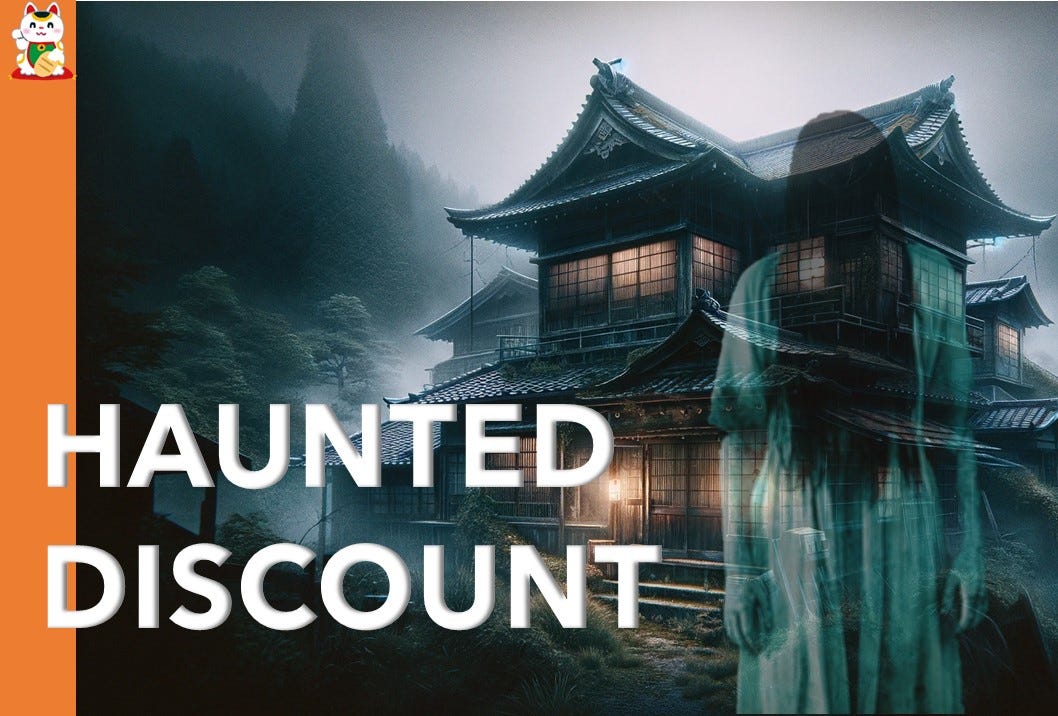Haunted bargains: Finding Japan’s discounted ‘stigmatized’ properties
Exploring the dark secrets of any property with Oshimaland's revealing database
"Is my dream apartment hiding a dark secret?”
“Was there a suicide in this seemingly perfect home?"
These are not typical questions for a house hunter, yet in Japan, they are crucial.
Enter Oshimateru (www.oshimaland.co.jp), a website where the layers of a property's past are peeled back, revealing histories connected to any deaths in the property. These…




